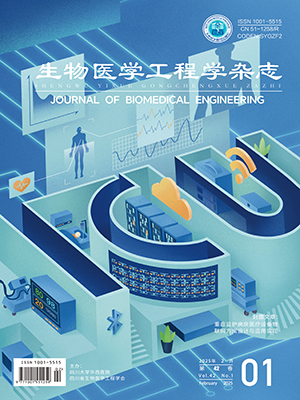Mental fatigue is the subjective state of people after excessive consumption of information resources. Its impact on cognitive activities is mainly manifested as decreased alertness, poor memory and inattention, which is highly related to the performance after impaired working memory. In this paper, the partial directional coherence method was used to calculate the coherence coefficient of scalp electroencephalogram (EEG) of each electrode. The analysis of brain network and its attribute parameters was used to explore the changes of information resource allocation of working memory under mental fatigue. Mental fatigue was quickly induced by the experimental paradigm of adaptive N-back working memory. Twenty-five healthy college students were randomly recruited as subjects, including 14 males and 11 females, aged from 20 to 27 years old, all right-handed. The behavioral data and resting scalp EEG data were collected simultaneously. The results showed that the main information transmission pathway of the brain changed under mental fatigue, mainly in the frontal lobe and parietal lobe. The significant changes in brain network parameters indicated that the information transmission path of the brain decreased and the efficiency of information transmission decreased significantly. In the causal flow of each electrode and the information flow of each brain region, the inflow of information resources in the frontal lobe decreased under mental fatigue. Although the parietal lobe region and occipital lobe region became the main functional connection areas in the fatigue state, the inflow of information resources in these two regions was still reduced as a whole. These results indicated that mental fatigue affected the information resources allocation of working memory, especially in the frontal and parietal regions which were closely related to working memory.
Citation: YANG Shuo, WANG Zengxin, WANG Lei, SHI Baixue, PENG Sen. Research on the influence of mental fatigue on information resources allocation of working memory. Journal of Biomedical Engineering, 2021, 38(4): 671-677. doi: 10.7507/1001-5515.202007050 Copy
Copyright © the editorial department of Journal of Biomedical Engineering of West China Medical Publisher. All rights reserved




